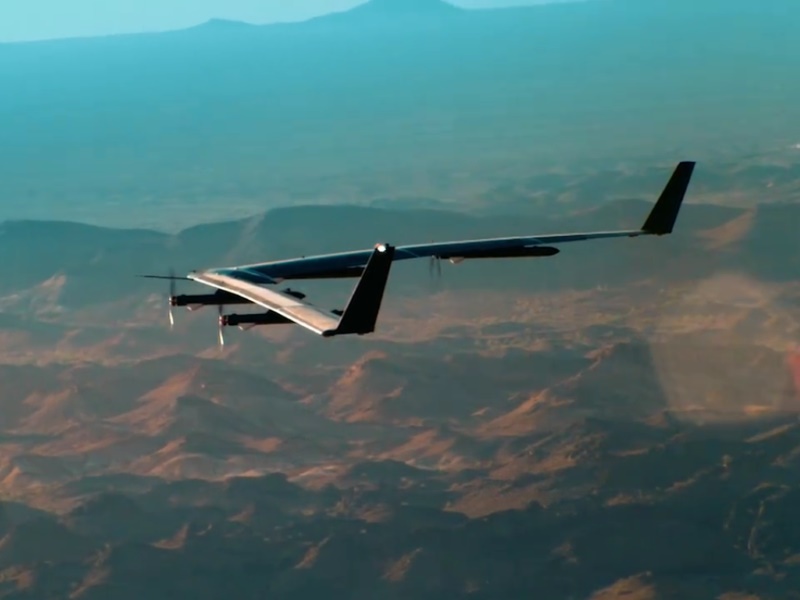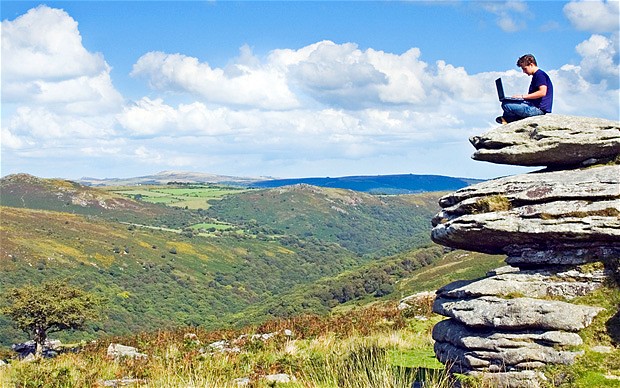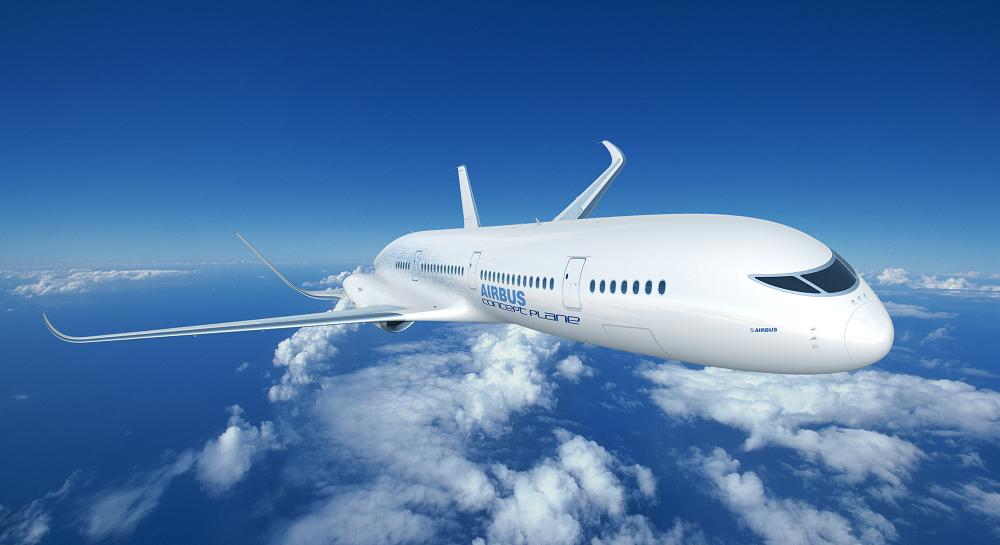




Facebook reported on Thursday that it had finished its first effective test of its solar based Aquila drone, that has been created to convey Internet services to remote territories of the world. The experimental run speaks to a "noteworthy point of reference" for Facebook's endeavors to convey the Internet to underserved areas of the planet. Facebook had directed past experimental runs utilizing a one-fifth scale rendition of Aquila for a while, however, this was the first run through utilizing a aircraft, which has a wingspan more than that of a 737 passenger plane.

"It was so successful that we ended up flying Aquila for more than 90 minutes - three times longer than originally planned," said Jay Parikh, Facebook's global head of engineering and infrastructure, in a statement. "We're encouraged by this first successful flight, but we have a lot of work ahead of us," Parikh said. "In fact, to reach our goal of being able to fly over a remote region and deliver connectivity for up to three months at a time, we will need to break the world record for solar-powered unmanned flight, which currently stands at two weeks. This will require significant advancements in science and engineering to achieve."
Also Read: Facebook Added Re-designed New Like, Share, Follow, and Save buttons
The plan "will also require us to work closely with operators, governments, and other partners to deploy these aircraft in the regions where they'll be most effective," he added. Facebook founder Mark Zuckerberg posted a video of the flight on his Facebook page, saying it was the result of "two years of engineering." Zuckerberg has stated that one of his goals is helping to connect everyone in the world online, and the Aquila program developed by Facebook's Connectivity Lab is a key part of that effort.

"Internet access can offer life-changing opportunities and experiences to all of us, but there are still four billion people without it," said Parikh. "That's 60 percent of the global population. As many as 1.6 billion of those unconnected people live in remote locations with no access to mobile broadband networks, where implementing existing network technologies are so challenging and costly that it will take years to bring everyone affordable access."

Must Visit Our Google+ Community Page For Latest And Updated Technology Happenings Around The Globe.